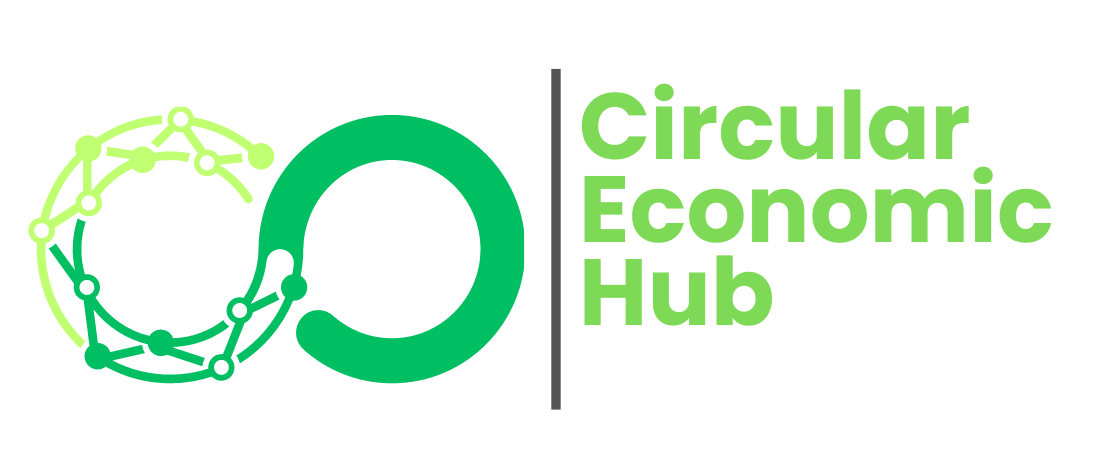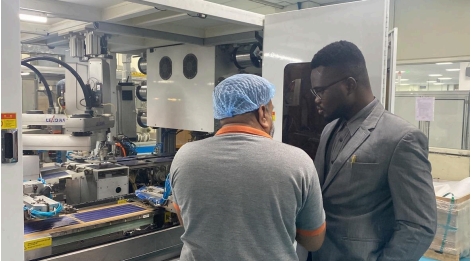Agriculture has been the cornerstone of Africa’s economy, and with the advent of smart farming, the industry is undergoing a significant transformation. Smart farming, which includes the use of IoT, AI, and data analytics, allows farmers to manage resources more effectively, optimize crop yields, and minimize waste. By monitoring soil conditions, weather patterns, and crop health in real-time, these technologies are driving a revolution in agricultural productivity and sustainability.
One of the most exciting developments in this space is the integration of agrivoltaics and greenhouse farming. Agrivoltaics combines solar energy production with crop cultivation by installing solar panels above farmland. This dual-use approach not only generates renewable energy but also provides shade, reducing water usage and protecting crops from extreme weather. This innovation is particularly beneficial in Africa, where sunlight is abundant, and energy access remains a challenge. Agrivoltaics offers a sustainable solution that enhances food security while contributing to the continent’s renewable energy goals.
Greenhouse farming, on the other hand, allows for controlled-environment agriculture, enabling farmers to grow crops year-round regardless of external weather conditions. This method increases yield, improves crop quality, and reduces the need for chemical inputs. By creating optimal growing conditions, greenhouse farming helps to mitigate the effects of climate change and ensures a consistent food supply.
Together, these innovations are paving the way for a more resilient and sustainable agricultural sector in Africa. By embracing smart farming, agrivoltaics, and greenhouse farming, African farmers are not only enhancing food security but also contributing to the fight against climate change. These practices represent the future of agriculture in Africa, combining traditional knowledge with cutting-edge technology to create a sustainable, prosperous future for the continent.


